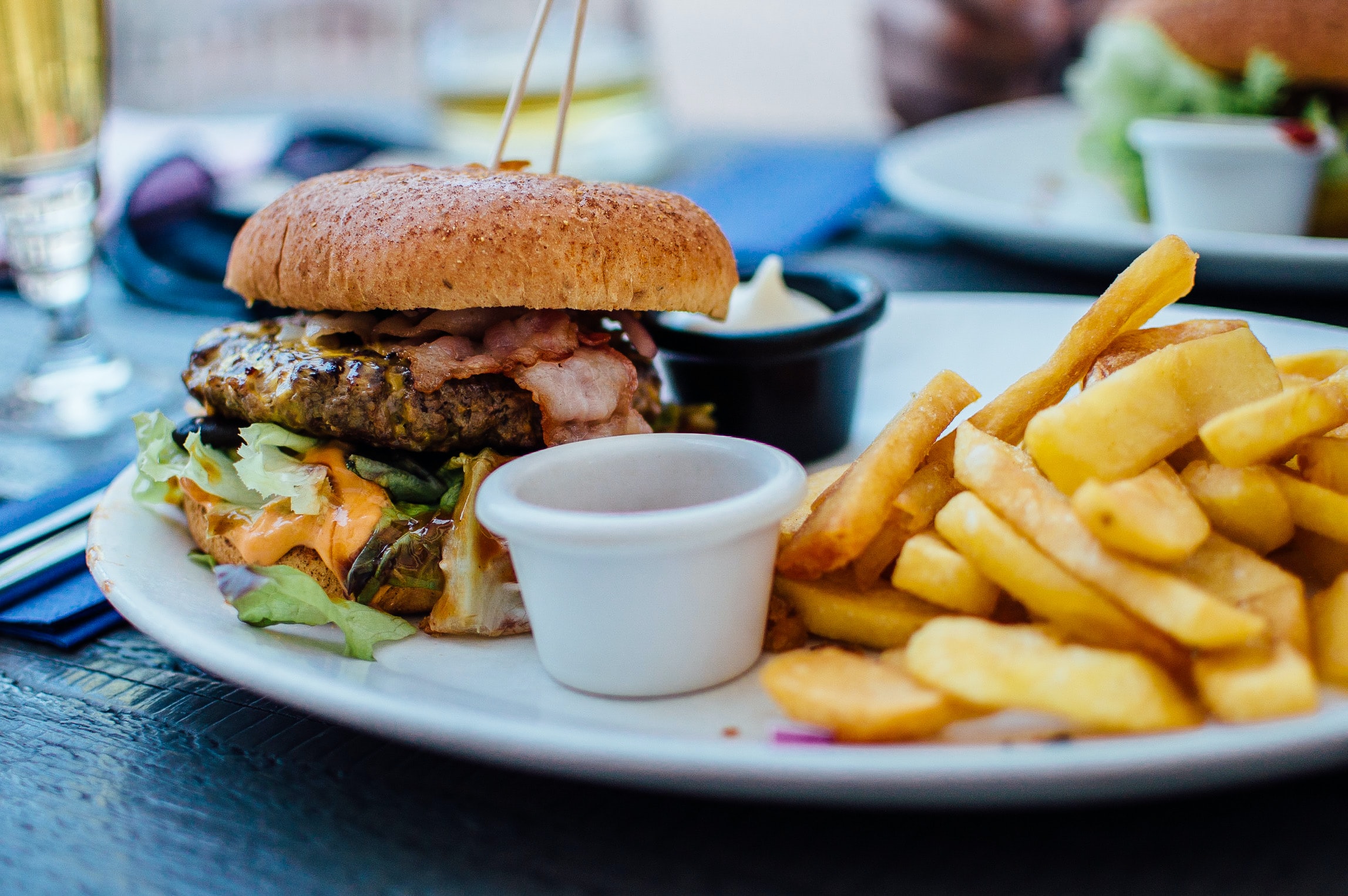
Vicky Arias, FISM News
[elfsight_social_share_buttons id=”1″]
A new study shows that sensors in the intestines stimulate the brain to desire fat. When these sensors detect fat that’s been consumed, they trigger the brain to crave more of it.
Researchers at the Zuckerman Institute published findings in September revealing their discovery of a new pathway of communication between fat sensors in the gut and the brain. These sensors, the researchers discovered, become activated upon fat consumption and, in turn, signal the brain to send out cravings for more fat.
Dr. Mengtong Li, PhD, researcher at the Zuckerman Institute, administered a drug to mice that blocked their gut-brain communication, in addition to using genetic techniques to shut down various neurons involved in the communication. These techniques proved to eliminate the mice’s fat cravings.
With their new discovery of the gut-brain pathway and the success of their novel drug therapy, these scientists hope to take the next step in suppressing the over-appetite for fatty foods in humans.
According to Dr. Li, “We live in unprecedented times, in which the overconsumption of fats and sugars is causing an epidemic of obesity and metabolic disorders. If we want to control our insatiable desire for fat, science is showing us that the key conduit driving these cravings is a connection between the gut and the brain.”
Obesity in the United States is nearly 3 times what it was fifty years ago.
This is believed to be due, in part, to processed fats, like those found in corn and vegetable oils. These oils are processed into food in a way that wasn’t done several decades ago.
Much of our modern food is processed using vegetable oils. These oils are found in large swaths of the food industry. Fast food, baked goods, and just about everything that’s fried are commonly processed with some type of vegetable oil. In fact, soybean oil, an ingredient in most vegetable oils, “may actually be far worse than sugar,” according to Eat This, Not That.
Dr. Charles Zuker, of the Zuckerman Institute, explained that “the overconsumption of cheap, highly processed foods rich in sugar and fat is having a devastating impact on human health… [and] the better we understand how these foods hijack the biological machinery underlying taste and the gut-brain axis, the more opportunity we will have to intervene.”
According to Scott Sternson, PhD, neuroscience professor at University of California, San Diego, “This exciting study offers insight about the molecules and cells that compel [us] to desire fat…The capability of researchers to control this desire may eventually lead to treatments that may help combat obesity by reducing consumption of high-calorie fatty foods.”
The research out of the Zuckerman Institute promotes understanding and insight into the physiology of obesity. Learning what drives fat cravings could be key in assisting millions of individuals in their fight against obesity.
